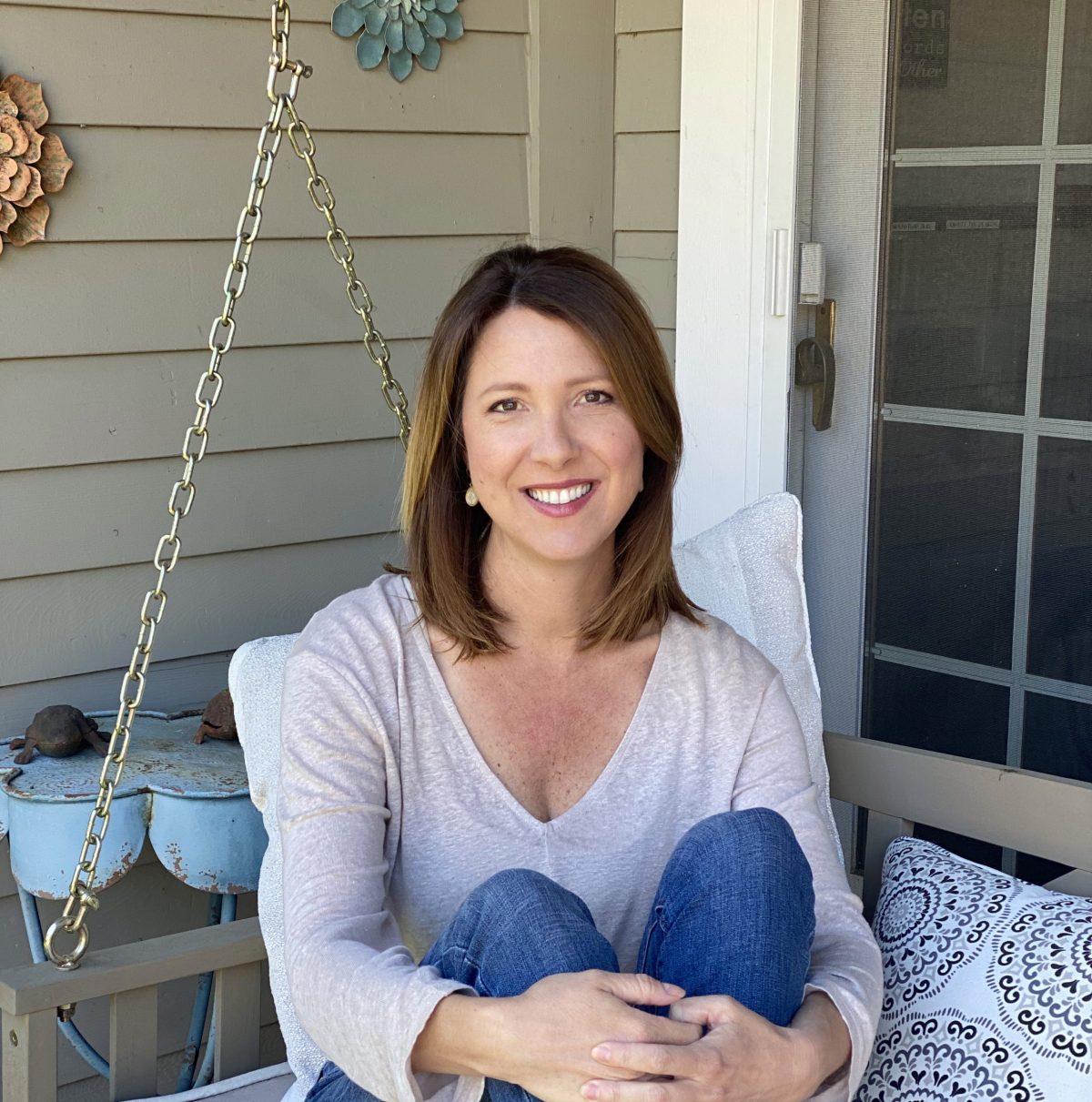My 3-year old and I have this deal at bedtime—two stories on my lap, five minutes of cuddle time, and a big ‘double hug’ goodnight. Each time, as I flip the lights off after stories and make my way to his bed, I am stopped in my tracks. It’s always darker than black and I can’t see. Even though it happens every night, I am never any less surprised. Every time, I have to take a minute and let the ambient light filter in before I can navigate through the darkness to his bed, and snuggle in beside him. Once my eyes adjust.
Adjust. Adapt. Move forward. It’s in our DNA; we evolve. Our beds, once warm with same-sized bodies and newspapers strewn about on lazy, Sunday mornings are now filled with miniature, ever-wiggling versions of ourselves, tiny feet in our backs, alarm clocks that never give us enough time to meet the demands of our day-to-day, and exhausted partners desperate for sleep, who don’t kiss us goodnight anymore. We barely even remember where we started. Our eyes adjust.
Our tiny babies, once so miraculous and novel, who filled us with meaning as they smiled for the first time, just for us; become burdensome as we struggle for sleep and time to ourselves. They grow into bigger, saltier versions of themselves, challenging us at every turn, pushing us away and daring us to love them anyway. Instead of their cribs, we pick them up from school. Barely meeting our gaze—we know not to ask about their day. We hardly recall when they were once perched in bulky carseats, filling the air with non-stop-words. Our eyes adjust.
We get so busy living, we actually forget the moments that once shaped and defined us as parents. I don’t remember the last time I sat in a rocking chair with my shirt pulled up to my neck and sleepily nursed a child. Or the last time I zipped up footie pjs or snapped a onesie. I don’t remember the last time my oldest child held my hand or kissed me goodbye at school drop off. And I can’t remember the very last time I set him down and never picked him up again. Our eyes adjust.
New firsts crowd out the lasts so fast we don’t even have time to notice. Our lives fill up with milestones. Tiny, pudgy hands, are now lean, capable fingers; effortlessly playing piano keys and guitar chords. Clumsy toddler steps become swift and sure, as they steal home plate or kick the winning goal. Our laps, once filled with lift-the-flap bedtime books are instead dinnertime discussions of heroes and wizards who face complex moral dilemmas. Four protective stroller wheels transform into sturdy two-wheel bikes; shiny helmets and independence gleaming in the sunlight as we watch them ride away. As accomplishments pile up, trophies and schoolbooks replace finger-painted pictures and carefully constructed clay figures on bedroom shelves. Our eyes adjust.
If we’re lucky, the mundane takes over and we sail through the middle of life. Because darkness can strike unexpectedly, as my friends and I have seen all too well. Divorce, illness, saying goodbye too soon—to parents, friends, or God forbid, a child. In a blackout, the best you can do is stop, breathe, and wait for the ambient light to come. And it does, eventually. Me too, I’m here, I’ll wait, When you’re ready, I’ll listen. It seems insurmountable, but the darkness will lift. Our eyes will adjust.
We move forward. We move on. Some days we are so shiny and new, the future is bursting with promise. Other days we are caught off guard. Maybe it’s an old photo in the junk drawer, the look on someone’s face, a familiar smell, a memory that catches our breath, or the love-worn item we discover under the seat of our car—now forgotten and obsolete, but once full of context. Or it’s the stranger from Craigslist in our garage, thumbing through our kid’s old sleep sacks and checking the tread on tires of a worn down stroller, miles of memories, asking, “How much?” For a minute we lock eyes with them and envy where they are, looking ahead at what we’ve left behind. We close our eyes and soak it all in.
But when our eyes open, we are right where we belong; buttering the toast, feeding the dog, filling our car with gas, picking up way-too-big-and-sweaty bodies from baseball practice, or loading our old memories into someone else’s trunk in exchange for $60. We move on from the moments we are caught in the dark; stopped in our tracks. We wait. We breathe. We count. And before we know it, we can see again and move forward in the direction we were heading.
Across the dark bedroom floor, to the bed with the little, warm, squirmy, not-yet-grown-up body, waiting to wrap themselves around us. Once our eyes adjust.
This post was featured on Mamalode

